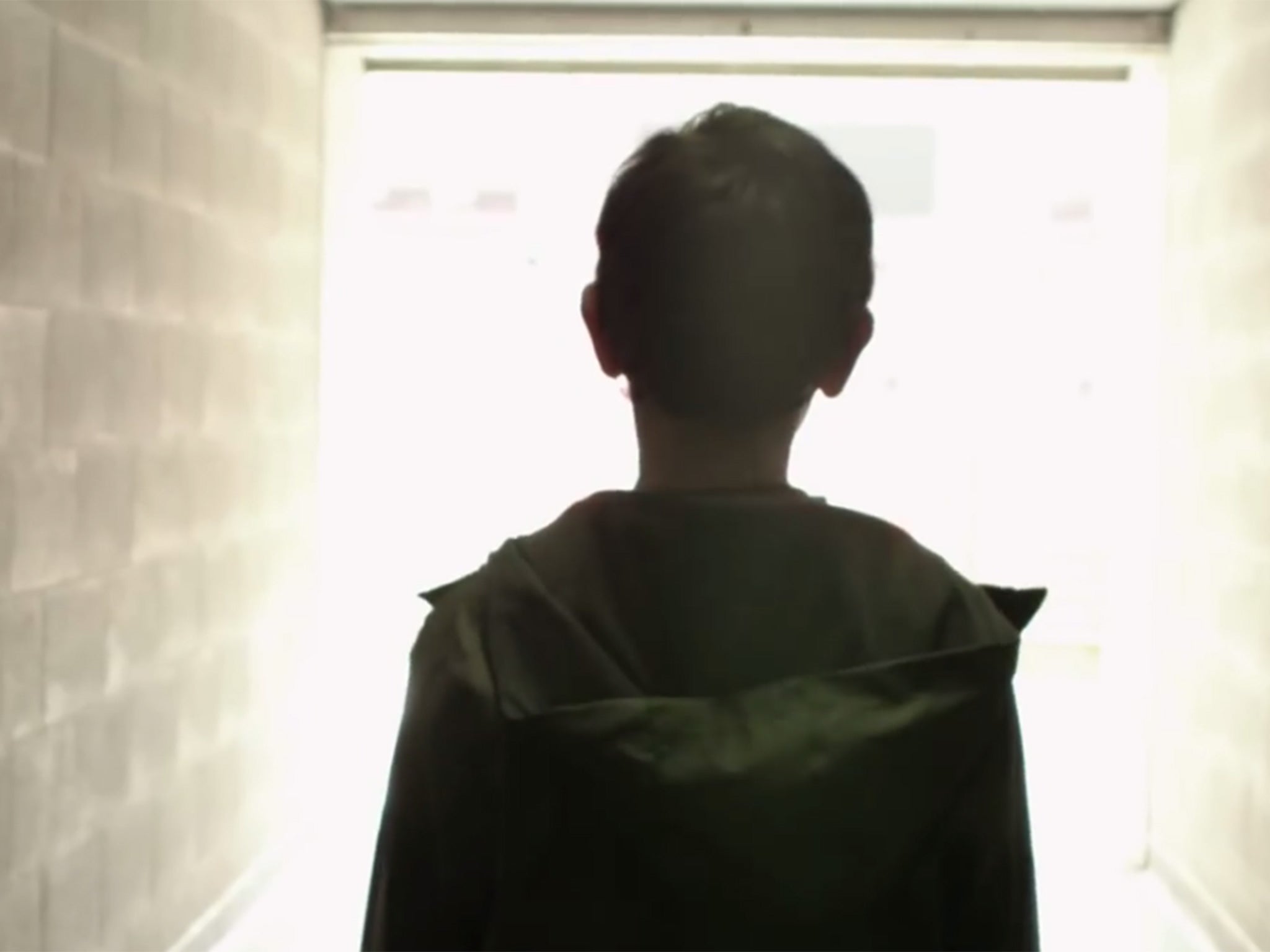'Stranger danger' lesson does more harm than good, warns charity
It calls for new message about recognising dangerous situations rather than people

Generations of schoolchildren were taught never to speak to strangers. Now experts are warning that the classic "stranger danger" message is actually harmful to children and puts them at greater risk of being abducted or kidnapped.
The latest crime statistics for England and Wales show child abduction is on the rise. The number of offences grew by 35 per cent in 2014, with 756 incidents recorded last year compared to 560 in 2013. In Scotland, there were 253 abductions recorded by police in 2013/14, and three offences of "plagium" or child stealing.
Child protection charity Parents and Abducted Children Together is calling for "stranger danger" to be abandoned by schools and parents, and replaced with a more complex message about recognising dangerous situations rather than people.
The charity claims that telling children not to speak to strangers is confusing, often frightening and studies show is routinely ignored when youngsters are faced with potentially dangerous situations, such as an apparently friendly man approaching them with a dog.
Geoff Newiss, research director for PACT, said children found it hard to keep themselves safe, because parents also encourage and reward behaviour such as chatting to an old lady on the bus or being generally obedient to adults.
"Children come into contact with strangers constantly and very few will be of any threat," Mr Newiss said, warning that the message "don't speak to strangers" could stop children from asking for help if they were lost or facing an emergency.
The classic approach also fails to protect children from the risk of abduction or sexual exploitation by people already well known to them. The slogan "stranger danger" is still taught by many schools, police, youth groups and parents but PACT wants schools and parents to introduce new lessons to help children "trust their instincts" and recognise dangerous situations, such as being lured away from friends or family, or chatting to people online.
"If you close down children's social interactions with adults you're depriving them of that ability to recognise what doesn't feel right," Mr Newiss said He said new guidelines would also help children stop being frightened of strangers and instead develop the confidence to "yell, run and tell" when faced with a dangerous situation.
But not everyone agreed. A study carried out by Safe, a community interest company providing public safety training in Suffolk, found that, of 200 10-13-year-olds, 20 had met up in person with someone they had talked to online and 10 reported that the person had not turned out to be who they expected.
"It's still a valid message so let's not lose sight of that," said Safe managing director Rosie Carter. "The concept of a stranger is very different if you've spoken to someone online. I think that's the challenge."